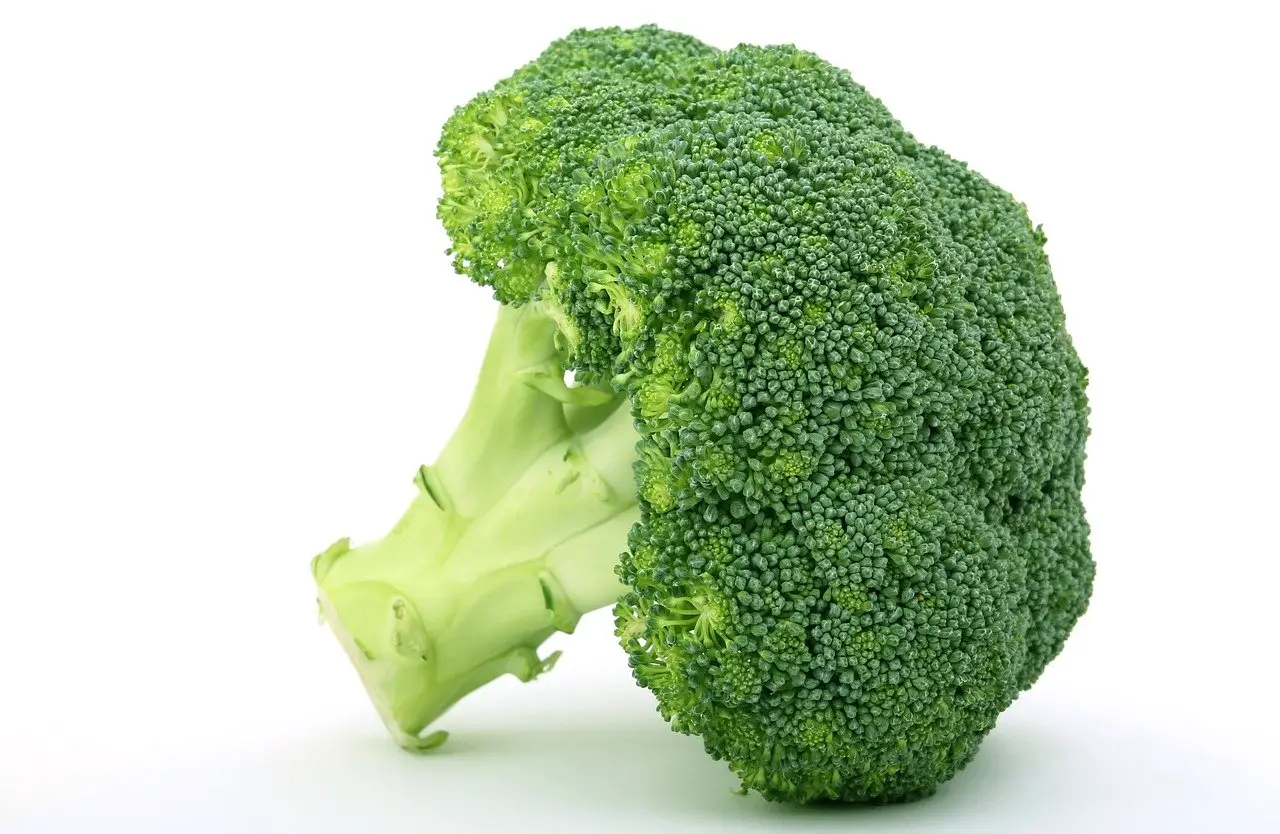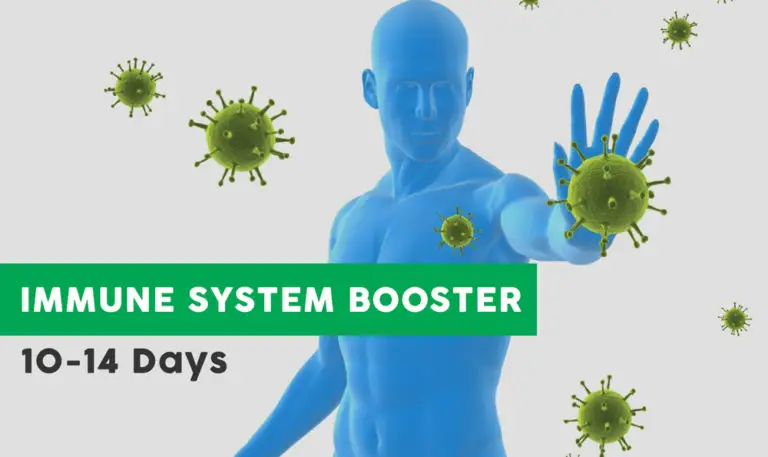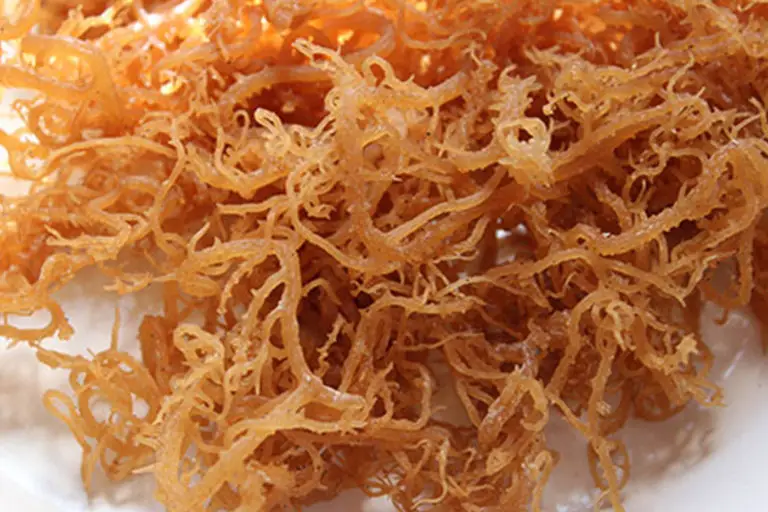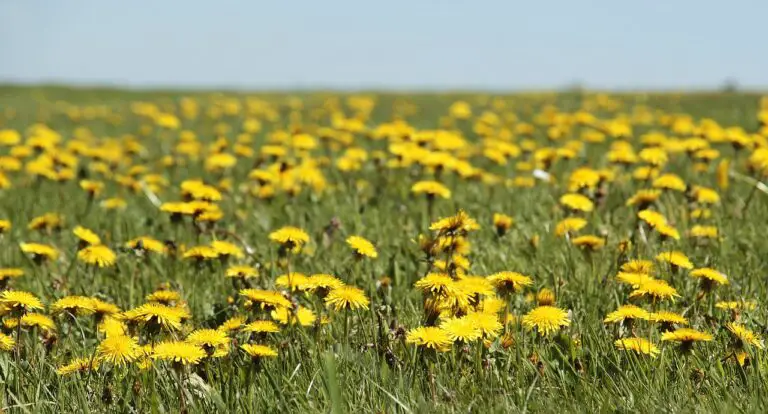Broccoli: avoid or acceptable risk?
There’s a reason you’ve never seen a broccoli out in the woods or anywhere in the wild.
Yes, it’s a human invention.
And, like any other non-naturally occurring plant, Dr. Sebi’s stance on Broccoli was simple: avoid!
How was it made and by whom?
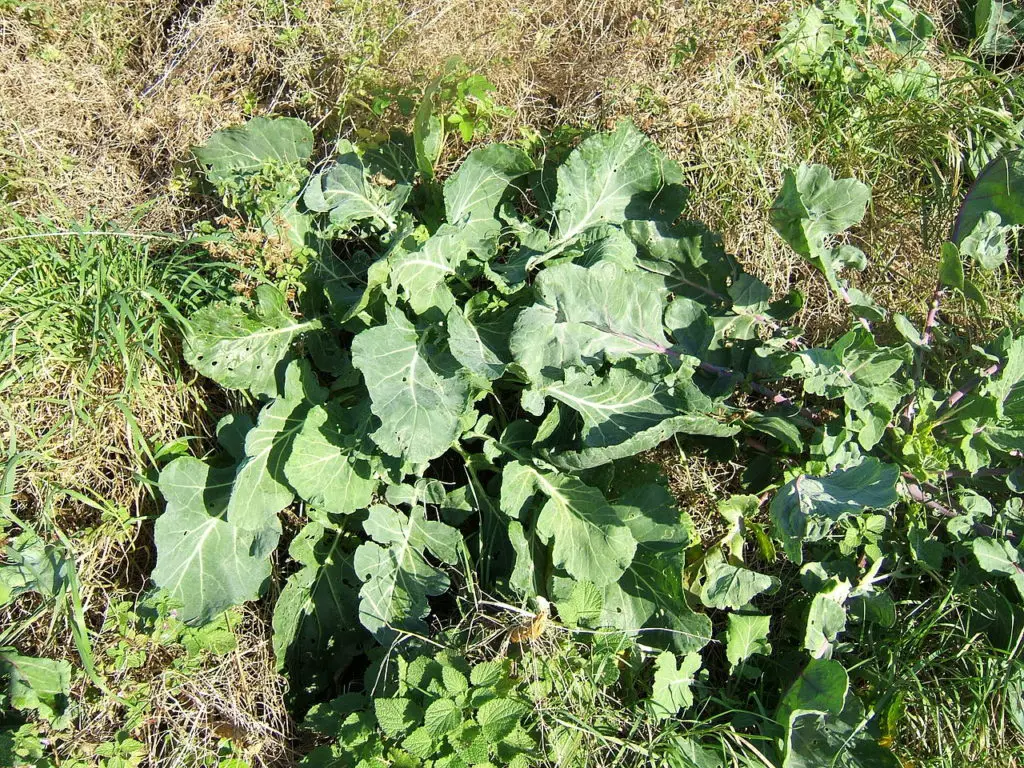
Broccoli, like cauliflower (which according to Dr. Sebi is “even worse”), is a result of selective breeding of Brassica oleracea, also known as wild cabbage.
Basically, an ancient civilization known as the Etruscans living in Italy some 2000 years ago were the first to discover and consume this ‘wild cabbage’.
They were incredibly skilled at plant breeding and sought to create a vegetable that produced larger buds and more frequently.
Kale is apparently the oldest domesticated cultivar (plant that can only be produced using selective breeding) of wild cabbage, first appearing circa 500 B.C.E.
So broccoli is definitely a hybrid, what should I do?
I’ll probably go into this in another post properly but it’s important to understand the fundamental differences between a hybrid vegetable created in a farm (mankind influencing/twisting what nature has provided) VS something that is straight up genetically altered in a lab.
Personally, I am of the opinion that certain hybrid vegetables are acceptable. (hybrid, not GMO).
Ok, it’s not strictly ‘allowed’ by Dr. Sebi, but, and this is really key…
If eating broccoli means you have an easier time transitioning onto a plant-based diet then do it.
I mean let’s be real, it’s much better to fill up on something like broccoli than relapsing only to end up gorging on junk food lol.
Furthermore, many scientists believe that hybrids can actually contain a greater degree of nutrients but that’s a topic for another post.
Sources:
https://theconversation.com/not-all-gmo-plants-are-created-equally-its-the-trait-not-the-method-thats-important-39532
https://medium.com/a-microbiome-scientist-at-large/why-cant-i-find-wild-broccoli-130c74c8a31d

